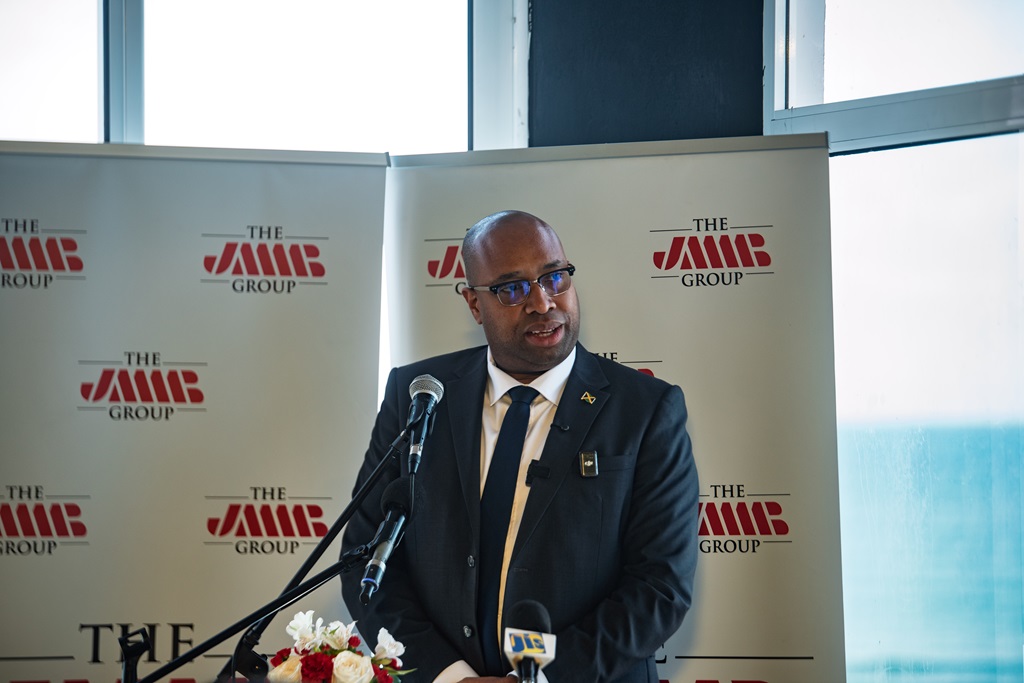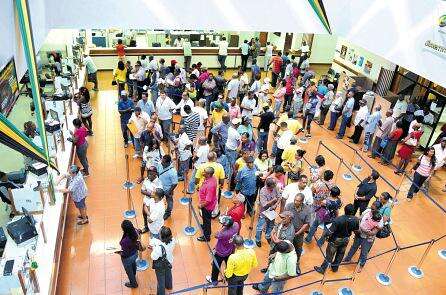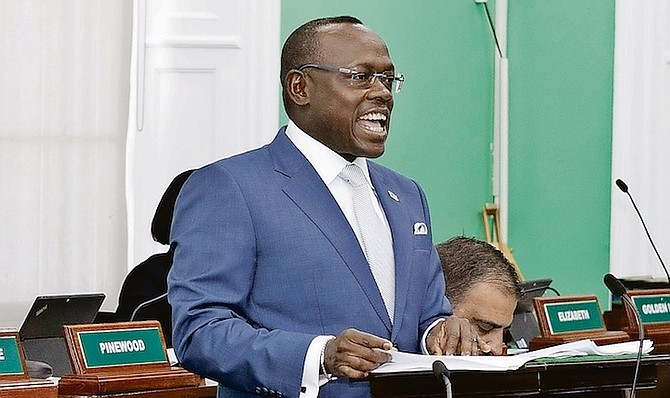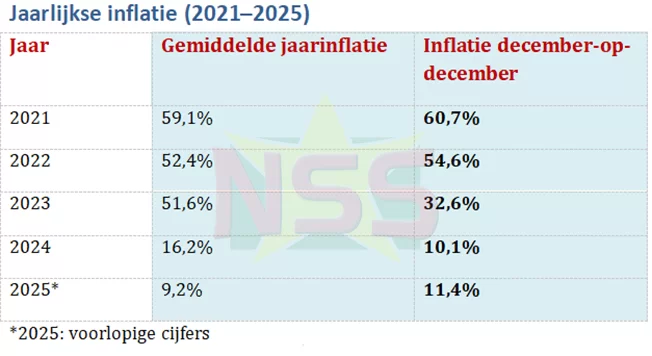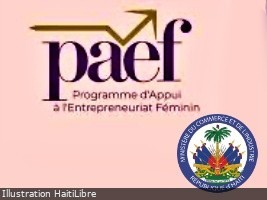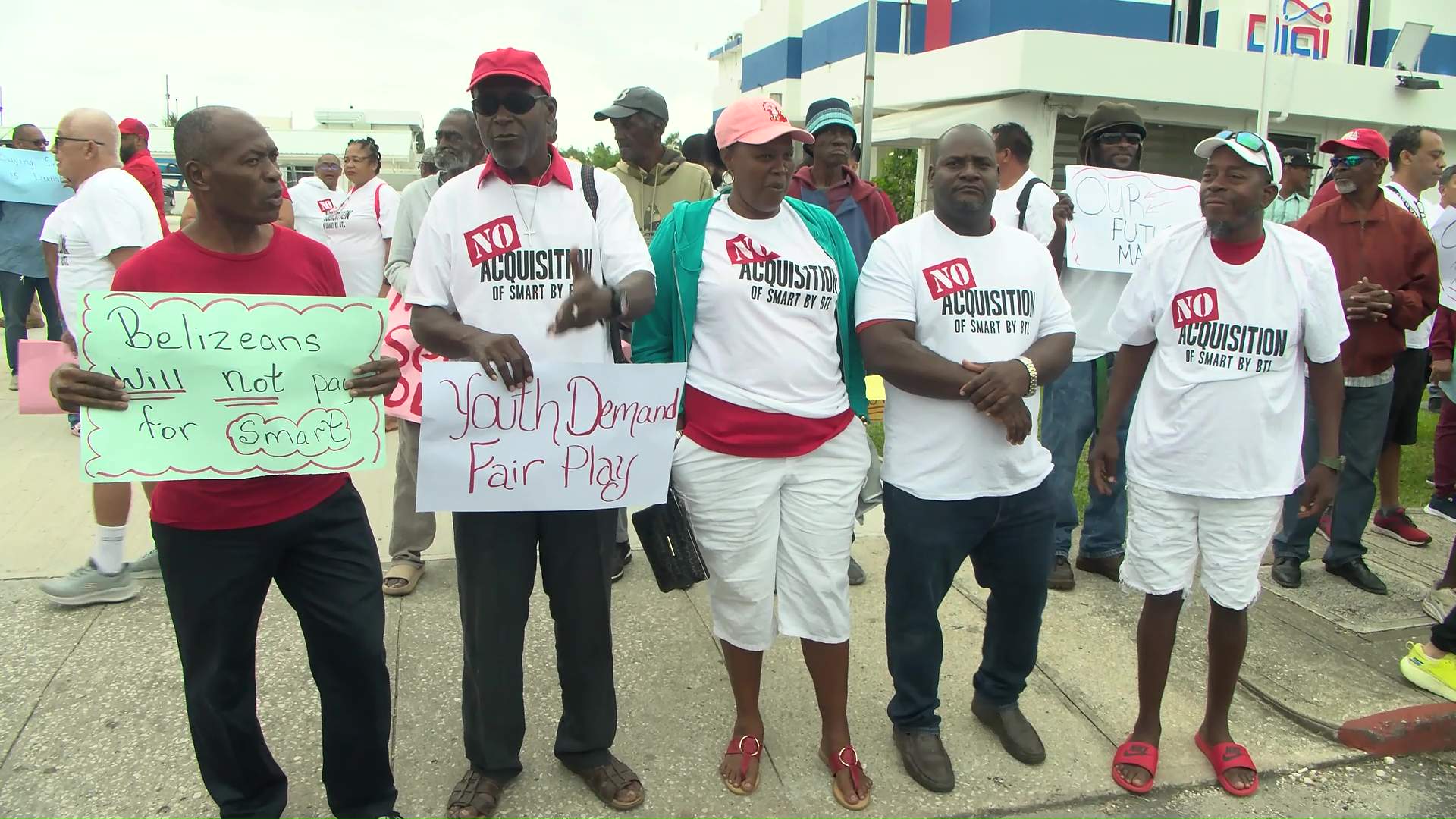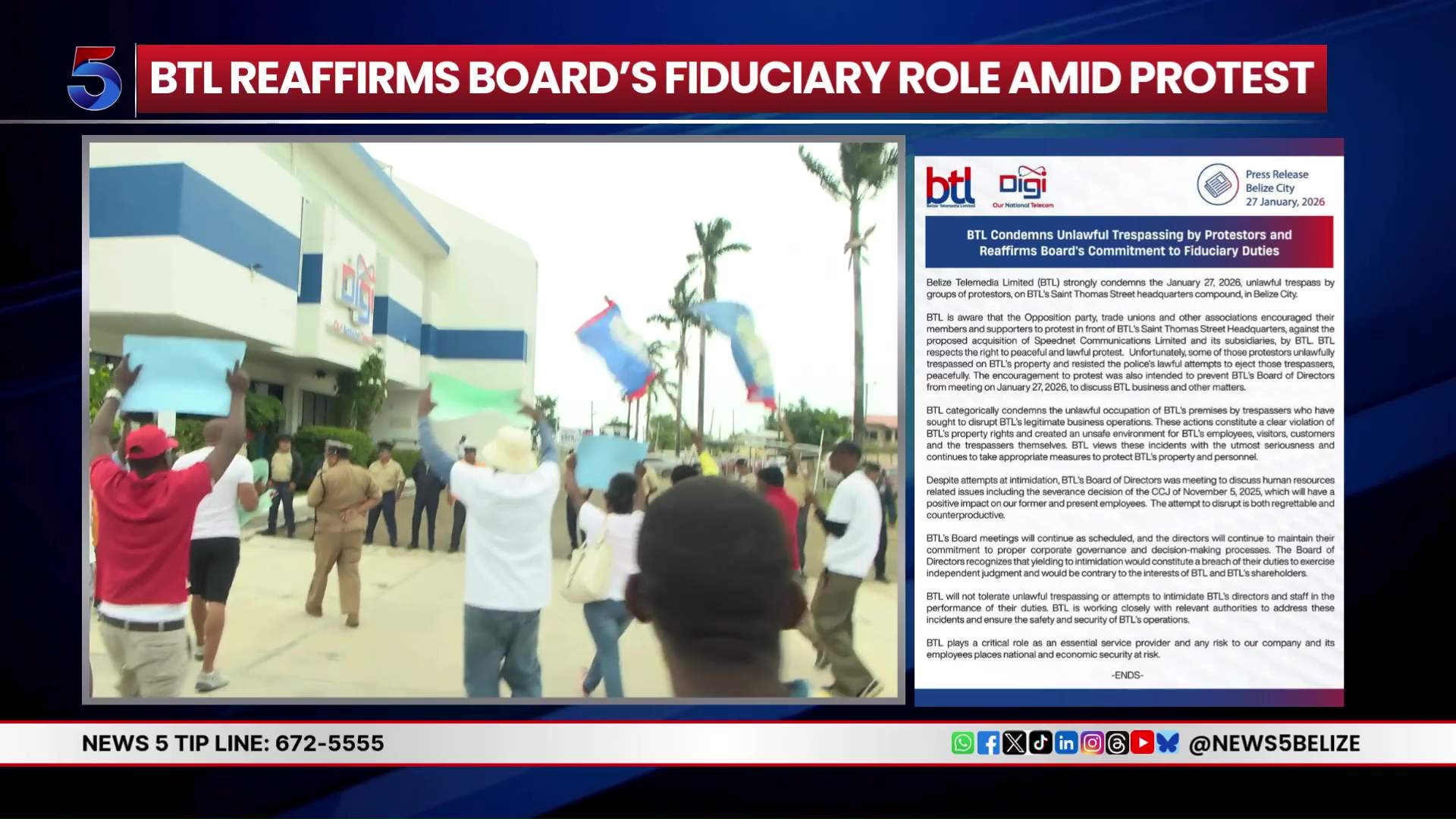The Jamaican government is significantly increasing its financial commitment and promotional initiatives to fortify the nation’s global digital services industry, a move identified as vital for ensuring economic stability and generating youth employment. The announcement was made by Delano Seiveright, State Minister in the Ministry of Industry, Investment and Commerce, during his address at the JMMB Group Thought Leadership Breakfast in Montego Bay.
Minister Seiveright emphasized the sector’s strategic importance, highlighting its direct role in creating immediate job opportunities, securing stable foreign exchange earnings, and facilitating rapid professional skills development. He revealed that the industry currently provides employment for over 50,000 Jamaicans, with a significant majority being young professionals concentrated in western Jamaica, Kingston, and Portmore.
Beyond economic metrics, the minister praised the sector for cultivating a highly skilled workforce. He noted that individuals trained in the Business Process Outsourcing (BPO) environment develop exceptional customer service abilities and resilience under pressure, making them sought-after talent across various industries.
This reinforced commitment follows recent operational disruptions in Montego Bay caused by Hurricane Melissa. In response to these challenges, the government plans to intensify support mechanisms to ensure sector continuity and growth. The ministry, alongside agencies such as Jampro and the Jamaica Special Economic Zones Authority, will lead this revitalized focus.
Seiveright also recalled the sector’s proven resilience during the COVID-19 pandemic, where it maintained functionality despite global disruptions, underscoring its critical role in Jamaica’s economic infrastructure.
